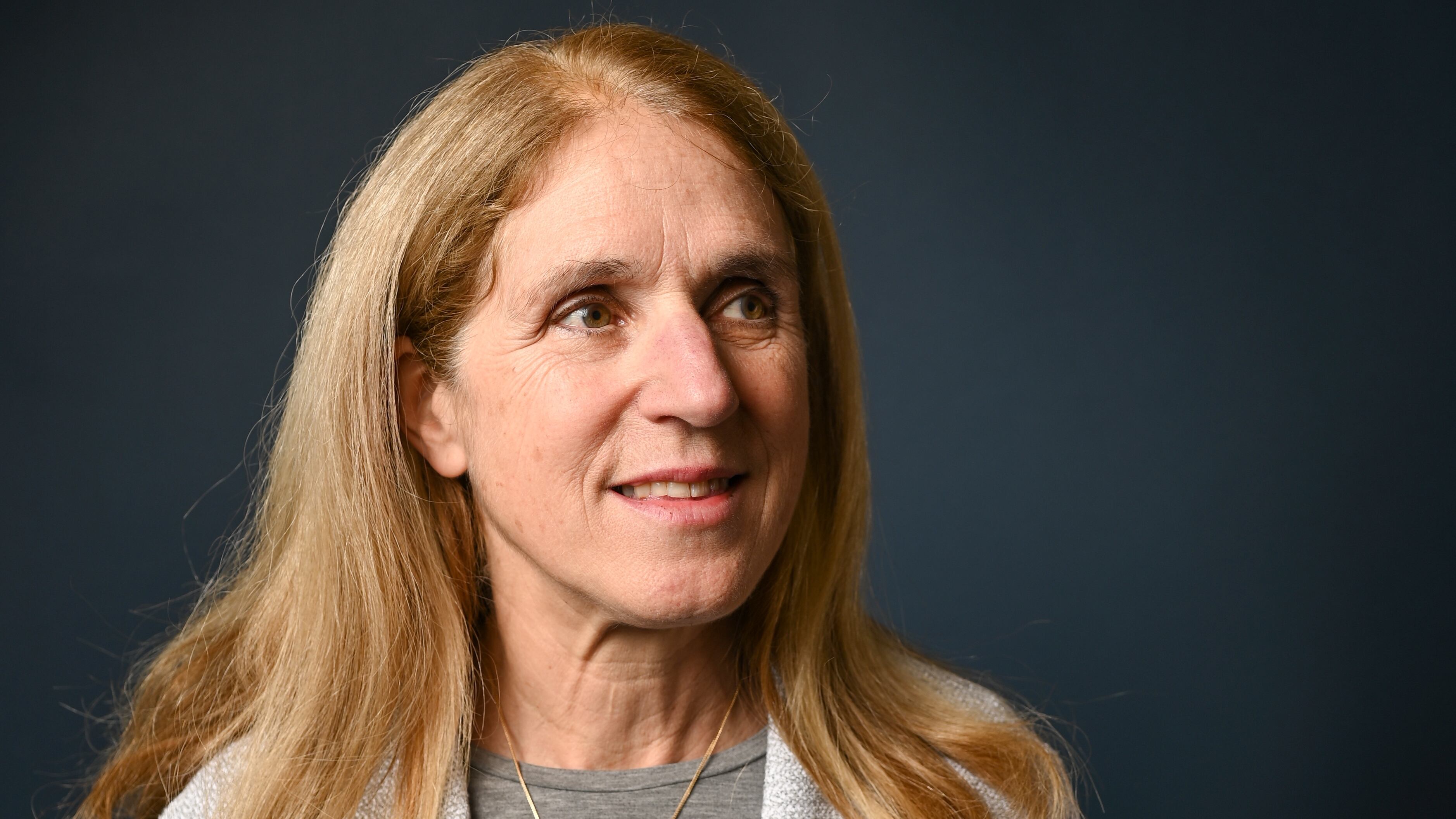The Preschool for All tax likely won’t be indexed to inflation for tax year 2026, following a Thursday morning vote by the Multnomah County Board of Commissioners to postpone a controversial proposal.
Preschool for All, the county’s initiative to provide free public preschool seats to all families that want them by 2030, had a tumultuous summer. On June 10, Gov. Tina Kotek sounded an alarm over data that she said showed some of Multnomah County’s highest earners had fled the county, and that this outbound migration had downstream consequences for other Oregonians. A group of the state’s most senior legislators then floated an eleventh-hour amendment to try and kill the tax entirely.
The pressure seemed to be on for County Chair Jessica Vega Pederson, who went back and forth with Kotek for weeks before the talks became public. In a June 18 response to the governor’s letter, Vega Pederson wrote she was committed to the county’s economic health and ready to address some of Preschool for All’s pressing financial issues, including indexing.
“I am confident that the board can identify consensus around possible next steps to index the income threshold,” Vega Pederson wrote then. “We know that indexing (and therefore tax relief) in the 2026 tax year would be responsive to our current regional economic landscape.”
In that response, Vega Pederson floated a series of meetings in July and August to examine potential changes to the tax and convened a technical advisory group of policymakers and economists to inform any changes, including indexing the tax to general inflation. (The advisory group ultimately could not reach a recommendation on indexing, one way or another.)
Commissioner Julia Brim-Edwards has led a push on the board to index the tax to inflation, which would change the thresholds significantly. The tax currently kicks in as a 1.5% tax on income over $125,000 for single filers or $200,000 for joint filers, and an additional 1.5% on income over $250,000 for single filers or $400,000 for joint filers.
If the tax were indexed to general inflation, county officials determined it would kick in as a 1.5% tax on income over $153,000 for single filers or $245,000 for joint filers in tax year 2026. An additional 1.5% tax would be added to income over $307,000 for single filers, or $491,000 for joint filers.
Under Brim-Edwards’ proposal, indexing would not affect the county’s top earners—the ones Kotek seems most concerned about leaving the state.
Instead, Brim-Edwards and other county officials have emphasized it would provide most relief to payers who—through cost-of-living adjustments or otherwise—are being pushed into the Preschool for All tax bracket, even if they technically don’t make much more money than they did five years ago.
But Thursday’s meeting showed commissioners were in no position to make a decision on indexing, with many saying they needed more information about how adjustments to the tax’s revenue would affect Preschool for All programming. Each commissioner still had several outstanding questions about everything from the speed of the process to long-term financial stability. Most concluded they couldn’t reach a decision on indexing without a more comprehensive picture.
Ultimately, Brim-Edwards moved to delay the first reading of her proposal to a later date so there could be a more comprehensive assessment of the facts. She, alongside Vega Pederson and Commissioner Shannon Singleton, voted in favor of that proposal.
County economist Jeff Renfro previously said any changes that could apply to tax year 2026 would need to be made before Sept. 1, meaning it’s highly unlikely indexing will be incorporated for the next tax year.
Commissioners Meghan Moyer and Vince Jones-Dixon, however, voted no on Brim-Edwards’ motion to delay the reading—essentially voting to scrap the discussion entirely.
Moyer’s “no” vote was informed by a lack of confidence in the process. “I strongly want an advisory board that will look at both the economic stability long term and what is the right tax structure,” Moyer said. “But that conversation cannot be void from the policy and implementation and the goals of universality of the program.”
Specifically, she pointed to her lack of faith in the technical advisory group, which she said was led by a “compromised” economic consultant, ECOnorthwest. Moyer said because the firm had also been contracted to do work with the Portland Central City Task Force—which recently recommended pausing preschool tax collection while the program undergoes “comprehensive review”—she had “lost total faith” in the group.
ECOnorthwest replied that one of its economists had worked with the governor’s task force as an independent contractor to the Oregon Business Council, but not as an ECOnorthwest employee, and that none of its staff were involved in any way with the most recent report.
“ECOnorthwest did not in any way support the PCCTF tax group’s recent recommendations report,” said spokesperson Natasha Pettit. “John Tapogna’s work on the PCCTF tax report was conducted solely in his capacity as an independent consultant to the Oregon Business Council and the PCCTF.”
Jones-Dixon also voted no, though he did not provide an explanation for his reasoning.
“I was happy to make the motion today and have the commission accept it that we will be taking a comprehensive look at not just indexing but the programmatic elements and the sustainability of the revenue to ensure that we reach universal preschool,” Brim-Edwards tells WW. “I think that’s the right step to take.”

